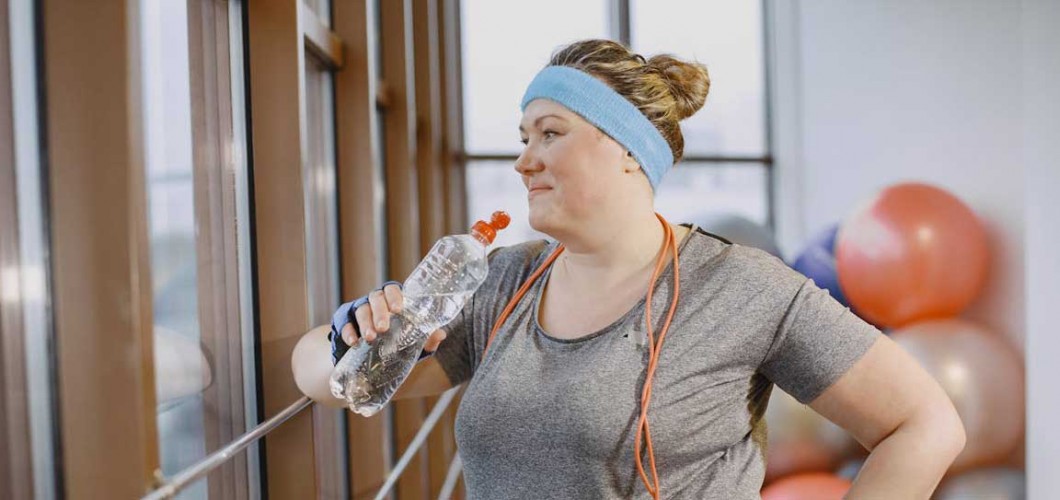
First Aid for Fluid Loss and Dehydration: Early Intervention and Preventive Measures
Reading Time: 15 minutes
Fluid loss and dehydration are conditions where the body's water and electrolyte balance is disrupted, potentially leading to serious health issues. When the body lacks sufficient fluids, organs cannot function properly, and body functions are impaired. Especially during hot months, excessive heat, sweating, diarrhea, and vomiting can trigger dehydration. Fluid loss and dehydration can be life-threatening if not addressed in a timely manner.
In this article, we will cover the first aid steps, symptoms, and preventive measures for fluid loss and dehydration in detail.
1. What is Dehydration?
Dehydration occurs when the body loses more fluids than it takes in, and it cannot replace them. When there is not enough water in the body, an electrolyte imbalance occurs, preventing cells from performing their normal functions.
Fluid loss:
- This includes fluids lost through sweating, urination, vomiting, or diarrhea.
- The daily water requirement varies depending on age, activity level, and environmental conditions.
Dehydration usually develops in varying degrees depending on the amount of fluid lost and the individual's overall health status.
2. Symptoms of Fluid Loss and Dehydration
Fluid loss begins when the body loses the fluids it needs and dehydration symptoms increase progressively. Timely intervention is crucial. Here are the symptoms of fluid loss and dehydration:
- Dry mouth and thirst: Fluid loss is the first noticeable symptom.
- Fatigue and weakness: Dehydration leads to a drop in energy levels.
- Dark-colored urine: The color of urine darkens due to fluid loss.
- Dizziness and headaches: Insufficient fluid intake can lead to dizziness.
- Skin dryness and loss of elasticity: Skin dryness and loss of elasticity are other symptoms of dehydration.
- Frequent urination or inability to urinate: The body tries to retain fluid, leading to reduced urination.
- Mental confusion or disorientation: Severe dehydration can cause difficulty concentrating.
3. Causes of Fluid Loss and Dehydration
Dehydration can develop for many reasons. Some common causes include:
- Excessive heat: Fluid is lost through sweating in hot weather.
- Physical activity: Fluid loss increases during exercise due to sweating.
- Diarrhea and vomiting: Gastrointestinal issues can lead to significant fluid loss.
- Inadequate water intake: Failing to meet daily water requirements can lead to dehydration.
- Diuretic medications: Some medications, like diuretics, can cause fluid loss through increased urination.
4. First Aid Steps for Dehydration
First aid for dehydration should focus on increasing fluid intake and restoring the body's lost fluid balance. Early intervention is crucial.
Step 1: Increase Water Intake
The first and simplest way to address fluid loss is by drinking plenty of water. If dehydration is mild, the person should be encouraged to drink water. However, excessive amounts of fluid should not be given, as drinking too much water at once can lead to other complications.
Step 2: Use Oral Rehydration Solutions (ORS)
Oral rehydration solutions (ORS) are an important tool for balancing fluid loss. These solutions contain a mixture of water, salt, and sugar, which help restore the body's electrolyte balance. In cases of diarrhea and vomiting, ORS can rapidly replace lost fluids.
Step 3: Home Intervention for Mild Dehydration
For mild dehydration, the person can be treated at home with water and ORS. However, for more severe cases, professional medical help should be sought immediately.
Step 4: Seek Immediate Medical Help for Severe Cases
For severe dehydration, first aid should involve calling for medical help as soon as possible. In these cases, intravenous fluids may be needed. Prompt medical attention is critical to prevent further complications.
5. Preventive Measures for Dehydration
The following steps can help prevent dehydration:
- Increase daily water intake: Drinking water regularly throughout the day helps maintain fluid balance.
- Avoid excessive heat: In hot weather, avoid prolonged exposure to the sun and drink plenty of fluids.
- Take frequent breaks in hot conditions: During physical activities, take frequent breaks to prevent excessive fluid loss.
- Use ORS during diarrhea and vomiting: ORS is useful for replacing fluids rapidly during gastrointestinal issues.
Conclusion
Dehydration is a condition that can lead to severe health complications if not addressed properly. Timely intervention and proper first aid can help replenish lost fluids and restore the body’s balance. It is important to drink enough water throughout the day and be cautious in hot weather or during physical exertion. If dehydration symptoms are severe, immediate medical assistance is necessary to prevent further complications.

Leave a Comment